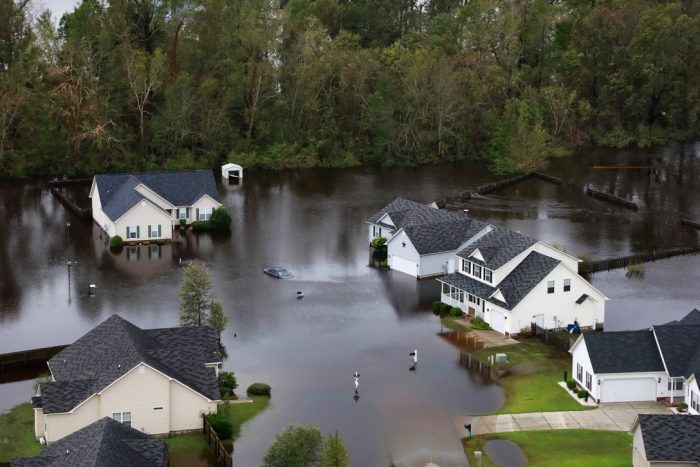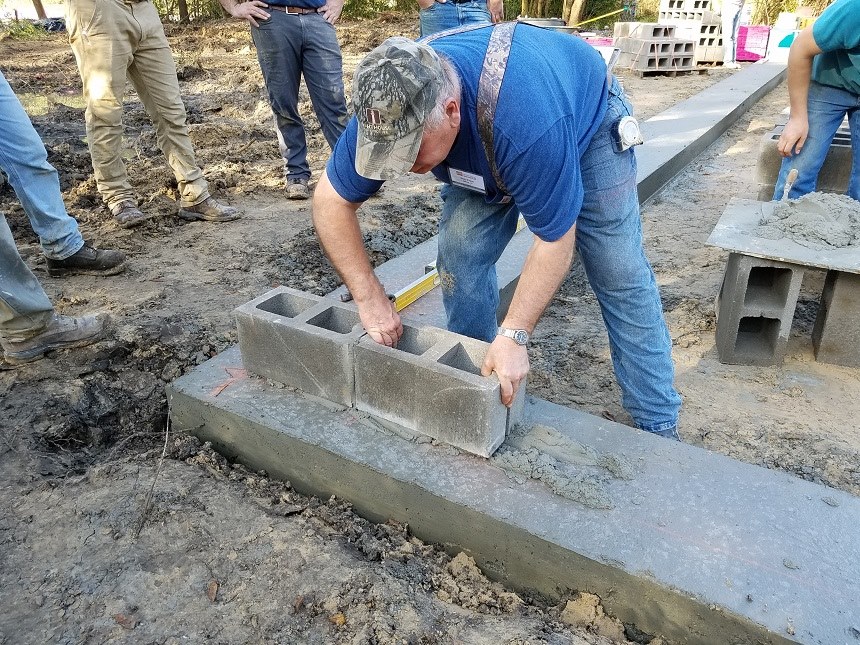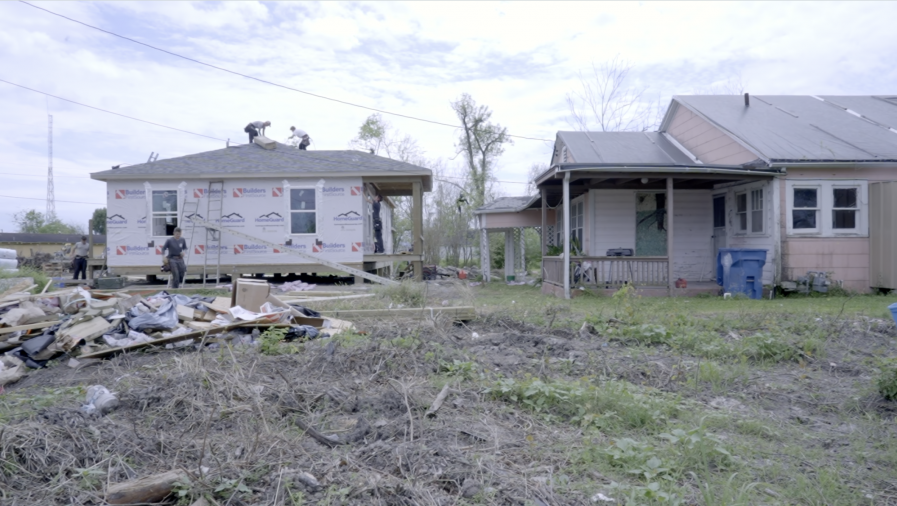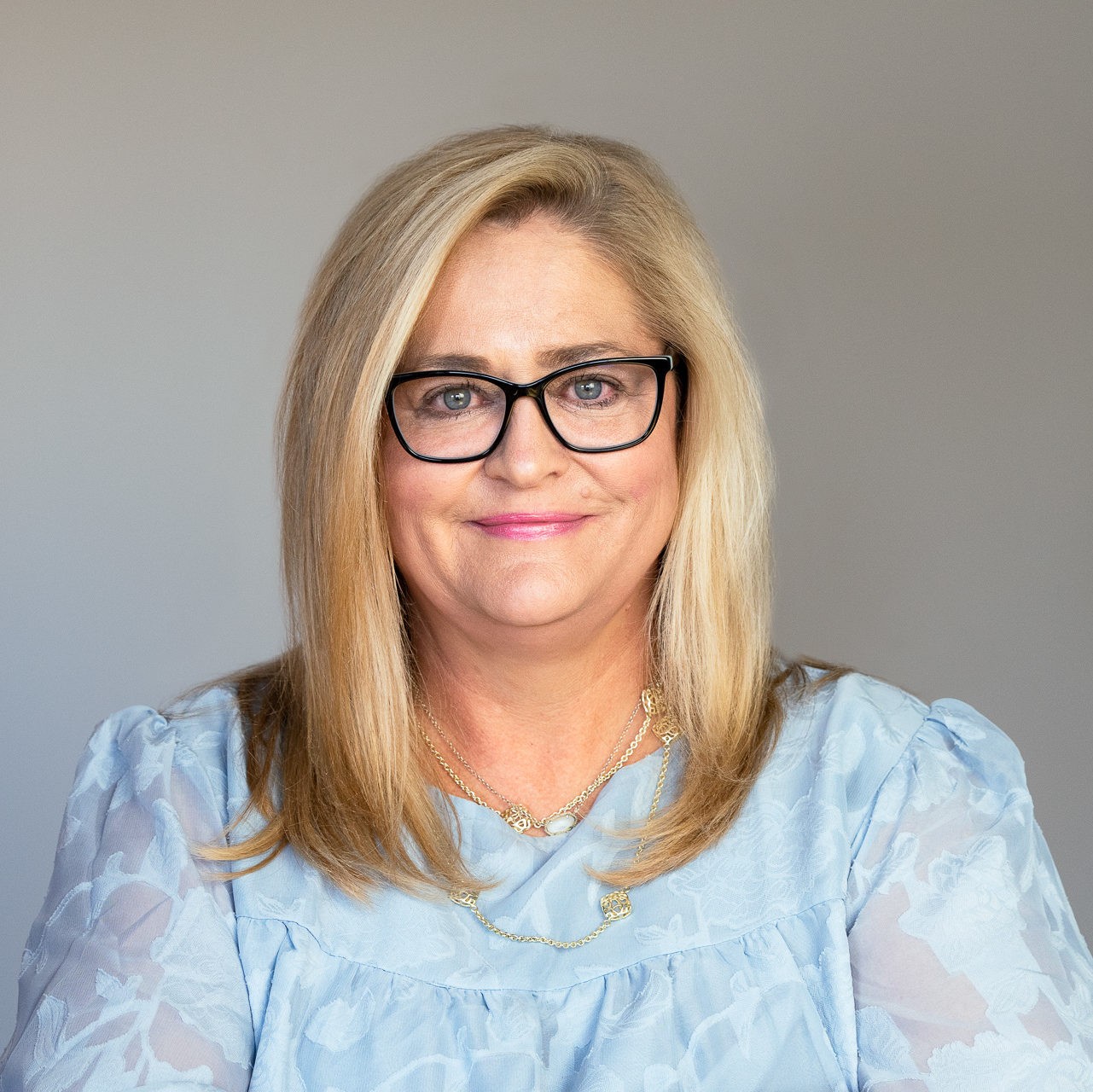A Heartfelt Message from Texas to the Carolinas
As we learn about the effects of Hurricane Florence on North Carolina and South Carolina, our hearts are with our fellow Americans. It is our deepest hope that lessons learned here in Texas after Hurricane Harvey — and in the other U.S. communities affected by all the 2017 storms — will help inform as efficient […]


As we learn about the effects of Hurricane Florence on North Carolina and South Carolina, our hearts are with our fellow Americans. It is our deepest hope that lessons learned here in Texas after Hurricane Harvey — and in the other U.S. communities affected by all the 2017 storms — will help inform as efficient a recovery as possible following such devastation.
We know that many of those who have been deployed across 41 counties in Southeast Texas to help support our recovery are now either on the ground in the Carolinas or on their way. We are so grateful for these people – first responders, life-savers, government agency leaders and dedicated nonprofit professionals – who put the health and safety of those who are most vulnerable during and after a disaster above all else. Their selfless commitment to going where they are needed most brings strength, understanding, skill and compassion to communities who face the long road to recovery.
As we know here in Texas, recovery from a disaster is a long-term commitment. Based on new data provided by our partners at the Episcopal Health Foundation through a collaboration with the Kaiser Family Fund, we learned that three in ten Texans who were affected by the storm still say they are trying to recover more than a year after Hurricane Harvey first made landfall. Thousands of Texans still don’t have a livable home or are living in conditions that are detrimental to their physical and mental health. This is the future facing our neighbors in North and South Carolina including the hundreds of homes and businesses rebuilt after Hurricane Matthew struck not quite two years ago have now been re-impacted.
What we know from experience is that philanthropic funds set up to support the response and recovery are spent early in the cycle of a disaster. Post-Harvey, hundreds of millions of private dollars have been directed toward immediate response and early recovery, but there is still so much left to do. And, there are few of us here focused long-term on helping support the recovery of those Texans still suffering and who are committed to building more resilient communities in the face of the next storm.
As a Texan living among people who are still struggling to recover, I am so grateful to the thousands of donors to the CDP Hurricane Harvey Recovery Fund for their strategic thinking around funding a long-term recovery after a devastating disaster like Hurricane Harvey. We recognize the significant need for philanthropic focus beyond the first weeks of a disaster response. So, we’re still here. We’re still making a difference. And we’re still able to help those who are experiencing the most difficult recovery and who need the very most help.
And we can make a difference in the recovery of our neighbors in the Carolinas by thinking beyond the immediate aftermath and investing in rebuilding futures. The CDP 2018 Atlantic Hurricane Season Recovery Fund is designed, as it was with the Hurricane Harvey Recovery Fund, to invest in needs beyond the first weeks or months. Needs like housing, financial assistance, resource coordination, mental health services and building resilience are all part of bringing back communities and rebuilding the lives of individuals and families.
So to the Carolinas, “we have your back” here in Texas. May our lessons learned help lessen your burdens. You are in the thoughts of Texans everywhere.
More like this

Long-Term Recovery Groups: Sharing Successes from Hurricane Harvey Grantees

